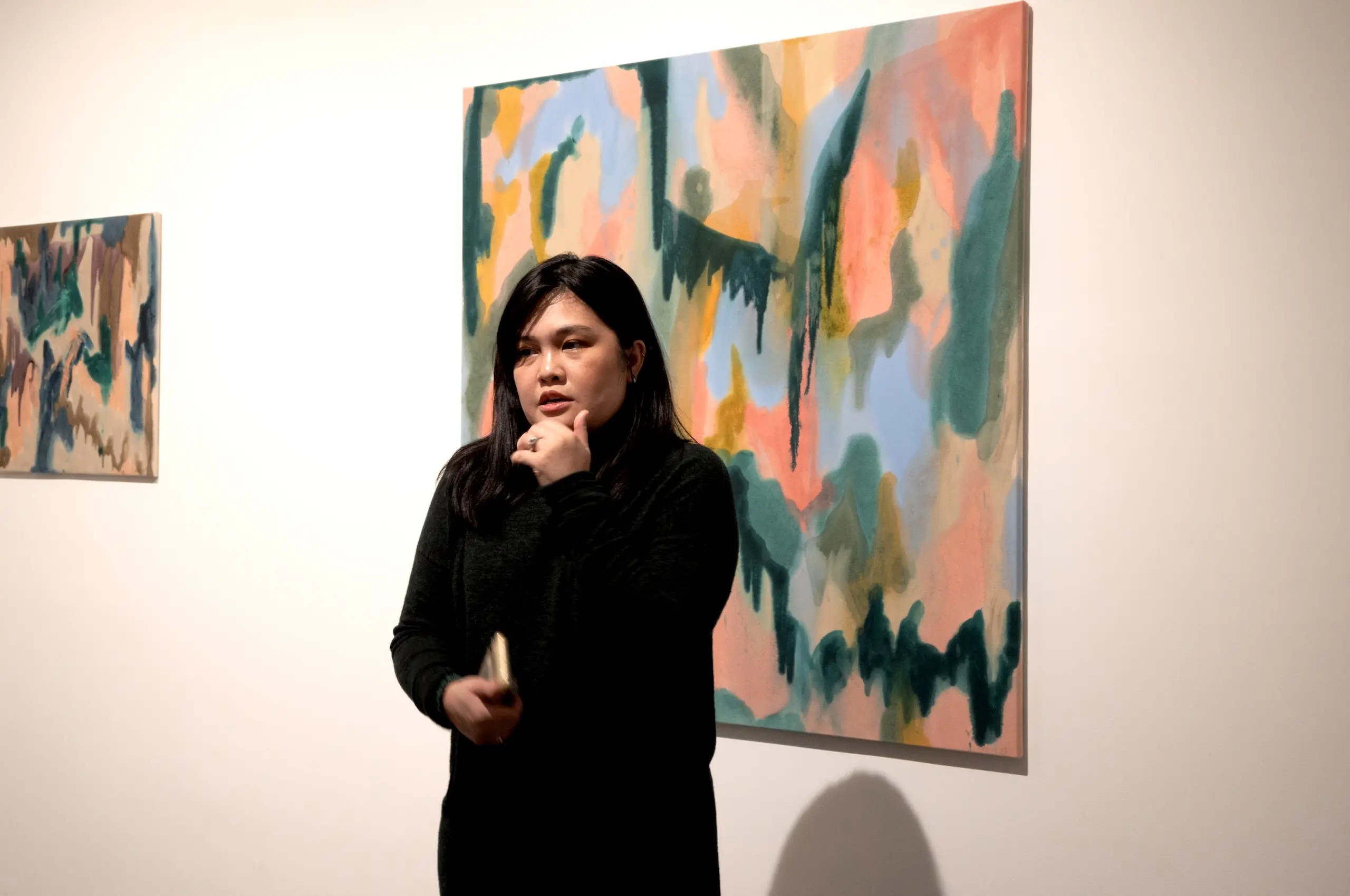“Napakinggan niyo na ba ang daing ng mga api?” says a stone-faced Erwin Tulfo in a video advert released by the ACT-CIS (Anti-Crime and Terrorism Community Involvement and Support) Party-list ahead of the 2022 Philippine national elections.
A scorned mother pushed aside, an overseas Filipino worker duped by his agency, and a wounded teenager in an alley were just some of the characters featured in the 15-second video, which framed the party-list as the voice of oppressed and marginalized Filipinos. “Hindi niyo talaga sila maririnig dahil walang boses sa [sic] mga kapus-palad,” continues Tulfo in his signature stern tone. “Sa Kongreso, ACT-CIS ang lumalaban para sa mga sinaktan at niloko.”
The macho man and swift server of justice depicted in the ad is a brand Tulfo and his brothers have cultivated over the years through their work in media and television. Thanks to his older brother Raffy’s show, Raffy Tulfo in Action, in which they air out complaints of ordinary citizens and act on them, “i-Tulfo mo na ‘yan” has become associated with swift action in addressing crimes, abuse, dishonesty, and exploitation. The show’s website also states that Raffy “always wanted to focus on helping the poor on [sic] battling the red tapes of society.”

This tactic seems to be working for the brothers. ACT-CIS garnered 2,111,091 votes in the 2022 elections, earning the party-list three seats in Congress. Raffy garnered 23,166,449 votes in the same election, earning him a seat in the Senate as the third top candidate.
Recent surveys show that Erwin himself is the frontrunner in the 2025 Senatorial race, with his older brother Ben trailing a few places behind him. The results are indicative of a clamor for government officials who can get things done fast, and they’re voting for the candidates with an image and track record that they think fits that profile.
A minor shift
With midterm elections just around the corner, candidates have a little over a month to woo over 69 million Filipinos who are registered to vote. But what exactly goes into the decision-making process for the average Filipino voter?
Stratbase Albert Del Rosario Institute (ADRi) is an independent think tank and research organization that aims to add a human face to the data and numbers presented through facts-based and data-driven research. To attempt to answer that question, they’ve been commissioning public opinion polling bodies like Pulse Asia and Social Weather Stations (SWS) to conduct surveys on voter preferences that could help shape public policy in the Philippines.
A survey the organization commissioned from Pulse Asia in September asked the question: “What do you think are the most important issues that candidates for senator in the May 2025 elections should carry as their platforms?” and another survey they commissioned from SWS in January asked about “the issues or advocacies that would make one vote for a candidate.” Results from both surveys showed that concerns related to poverty alleviation and combating inflation continue to be high priorities for Filipino voters.
Context plays a big part in determining what issues Filipinos classify as urgent. Stratbase ADRi’s president Professor Dindo Manhit says that compared to past elections, emphasis has shifted to addressing inflation, job creation, investment-led growth, fighting corruption, and a new addition: financial literacy.
“The changes in electoral issues over time show a shift from immediate crisis management to addressing the socio-economic needs of the Filipino people in both the short and long term,” says Manhit. “In 2022, the focus was on managing the Covid-19 pandemic, economic recovery, healthcare system improvement, education system reform, and infrastructure development.”
Similarly, issues like the anti-drug campaign and crime reduction, which were significant in 2016, have become less prominent.
Read the rest of the story in the first print issue of Rolling Stone Philippines. For more information, please visit Sari.Sari.Shopping.







